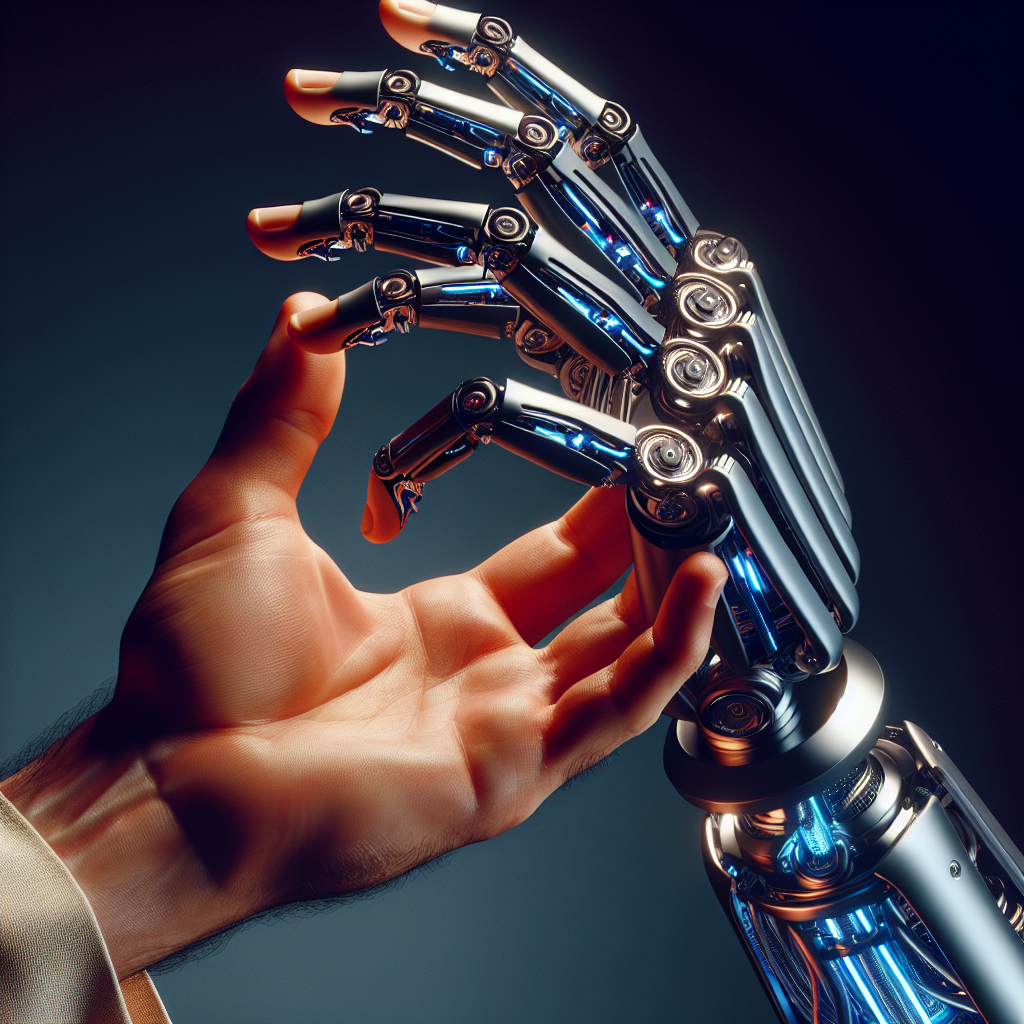Navigating the Brave New World of AI and Modern Technology: A Zesty Take
Advancements in technology and artificial intelligence (AI) continue to accelerate at a pace that can only be described as breakneck, leaving many in society grappling with a mix of awe, excitement, and trepidation. As we venture deeper into this brave new world, it becomes increasingly clear that the stakes are high, and the implications are profound. Welcome to the labyrinth of modern tech, where not all that glitters is gold and not all progress is benign.
The AI Dilemma: Harnessing Prometheus' Fire
Artificial intelligence, once a fixture of science fiction, has entrenched itself firmly in our reality. Big players like OpenAI have put forth efforts to demystify AI and prevent a dystopian "robot apocalypse." The idea that more AI might be the solution to controlling AI puts one in mind of fighting fire with fire—a dangerous game that could easily spiral out of control. The paradoxical nature of this strategy is not lost on observers who question the wisdom of entrusting the very thing we fear with its own leash.
Yet, there is an undeniable seduction in the potential of AI. When leveraged properly, it promises to optimize our lives, streamline our work, and even bring about innovations we've yet to imagine. Indeed, AI's reach has extended into coding, an arena that has witnessed a seesaw between utility and concerns regarding academic integrity. Recent prompts to AI language models, hinting at a deliberate dumbing down to prevent misuse, peel back a layer of the complex web of accountability and ethics in the digital age.
The Great Data Heist: AI's Voracious Appetite
While OpenAI grapples with the balance between utility and control, other entities are skirting the rules to supercharge their own AI models. The tale of ByteDance employing the fruits of ChatGPT to bolster their AI is akin to a modern David and Goliath, where the underdog circumvents the giant's defenses to siphon off power. It raises poignant questions about ownership of information and the ethics of data scraping—a battleground where the lines are blurred and the future is uncertain.
The Unlikely Promises of AI in the Clouds
Microsoft's release of V2, a compact AI language model, not only challenges the behemoths but suggests a democratization of AI. As models become more efficient, requiring fewer resources to run, the possibility of having cutting-edge AI on modest hardware looms on the horizon. This is a particularly spicy tidbit for enthusiasts who dream of AI omnipresence without the constraints of hefty infrastructure.
The Road to AI Integration: Mapping the Journey
TomTom's collaboration with Microsoft to create a conversational assistant for vehicles illustrates the far-reaching tentacles of AI. Yet, integrating AI into the fabric of society is not without its pitfalls. Expedia's attempt to oust Google from travel planning by embracing AI exemplifies the complex dance of leveraging technology to stay relevant in a rapidly changing market. As companies pivot to include more AI in their operations, the outcomes are mixed, revealing the unpredictable nature of this powerful tool.
AI and the Erosion of Trust: A Cautionary Tale
Amazon merchants' disdain for AI-powered review highlights exposes the chasm between the promise of AI and its execution. The tendency of algorithms to fixate on negative reviews, misrepresenting the overall sentiment, is a blemish on the trust we place in machine learning. It underscores the growing pains of an industry striving to find its footing in the delicate balance between automation and human judgment.
The Evolution of AI: An Unfinished Symphony
The development of AI is akin to a grand symphony with its crescendos and diminuendos, its harmonies and discords. As we stand on the precipice of a new chapter in AI's evolution, the tune is both exhilarating and cautionary. Whether we are ready or not, AI continues to conduct an opus that will define our collective future, with each note resonating through the annals of technological progress.
In closing, the heady mixture of AI's potential and pitfalls leaves us with a rich tapestry to ponder. As society navigates this labyrinth, it is imperative that we maintain a sense of balance, ensuring that the fire of Prometheus serves to illuminate, not incinerate. With cautious optimism, we step into the dawn of a new era, ready to embrace the zesty flavor of the modern technological feast before us.
Related News
- Navigating the AI Tsunami: A Deep Dive into the Currents Shaping Our Digital Future
- Navigating the Complex World of AI: A Dive into Recent Developments and Controversies
- Navigating the Brave New World of AI: A Zesty Analysis
- The Whirling World of AI: A Zesty Deep Dive Into the Latest Updates
- AI News
